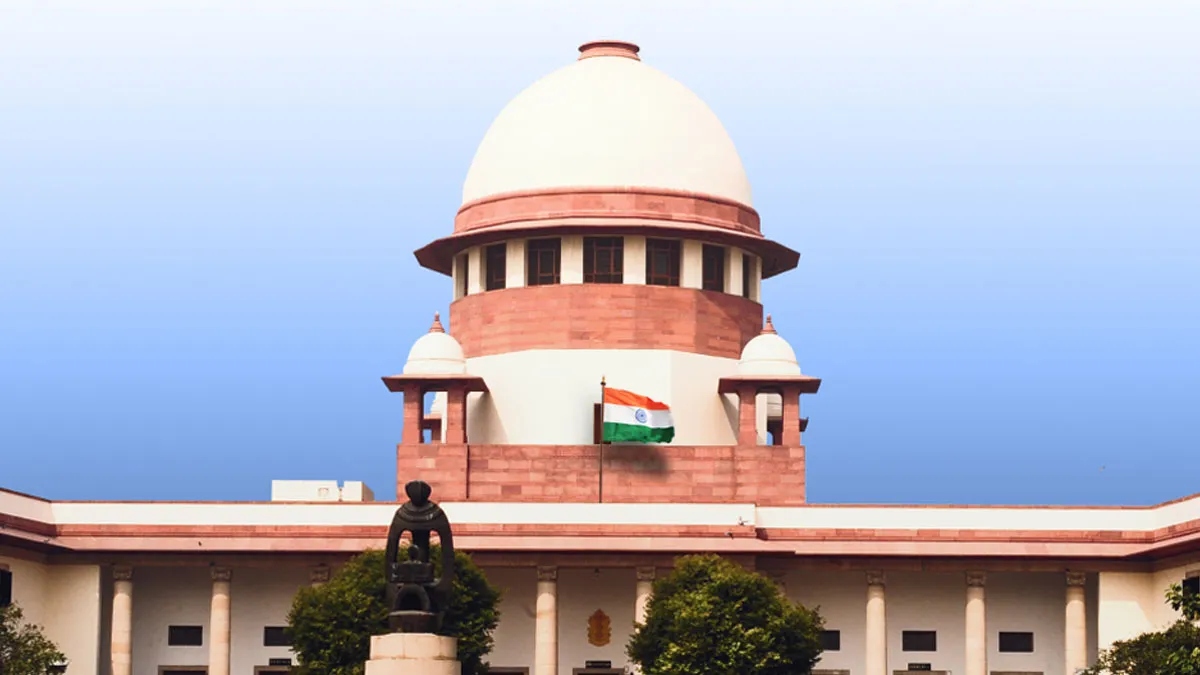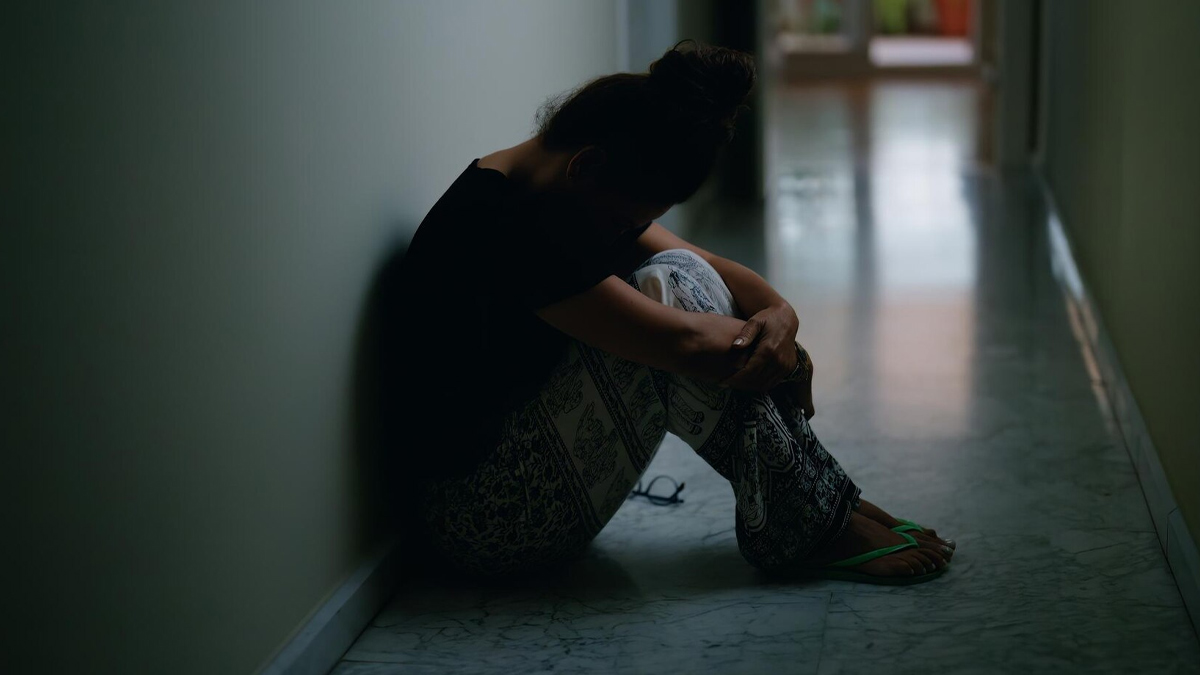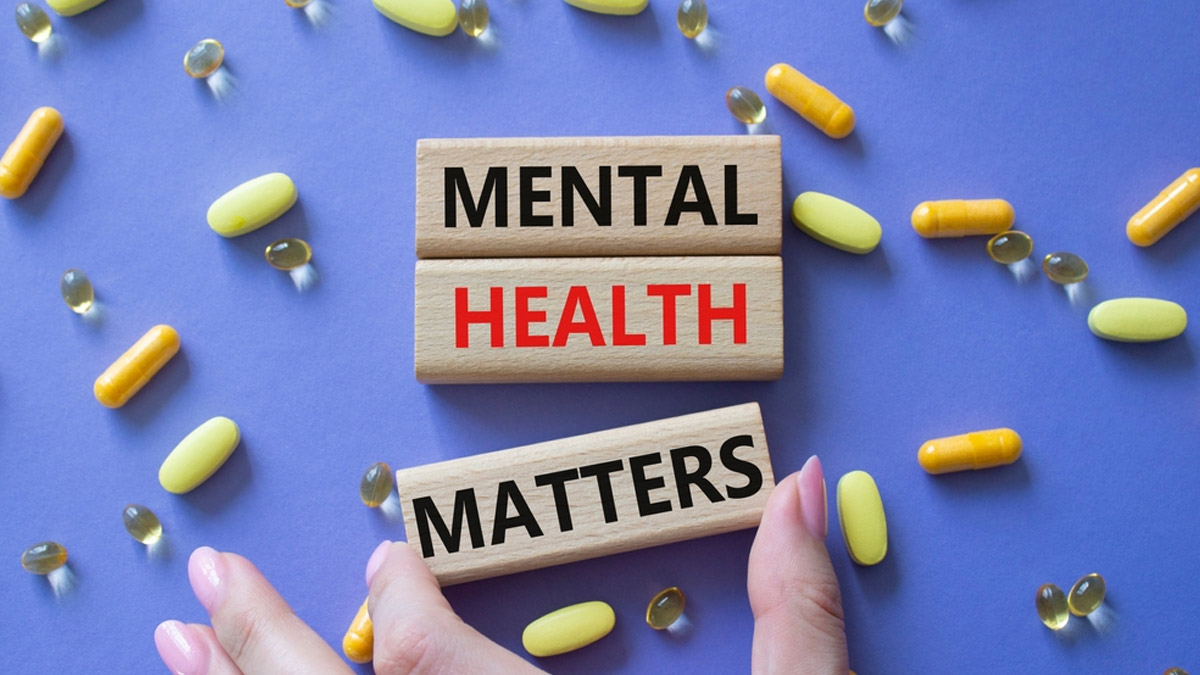
The Supreme Court-appointed National Task Force (NTF), led by former Supreme Court judge Justice S Ravindra Bhat, has commenced its mission to tackle the urgent mental health issues of students in educational institutions across India. The NTF is actively seeking public feedback and suggestions to assist in framing its strategies and recommendations to avoid student suicides and promote a beneficial learning environment.
Table of Content:-
Judicial Intervention Amid Rising Student Suicides

In a landmark verdict on March 24, a bench headed by Justice JB Pardiwala noted the appalling rate of student suicides in higher educational institutions. The National Task Force (NTF) was established to deal with mental health issues and save students from suicide. The court observed that there were more suicides among students compared to farmers killing themselves due to agrarian distress, pointing towards the necessity to intervene immediately. The task force was established to formulate effective strategies to enhance students' mental health and establish a safer learning environment.
The directive came after the court condemned the police for not registering a case over the suicides of two IIT-Delhi students in 2023, even though their parents accused them of caste-based harassment. The Supreme Court directed the police to register an FIR and conduct a proper investigation.
According to the Lancet, in 2022, India recorded a total of 170,924 suicides, with 7.6% of these cases involving students. Additionally, 2,248 of the suicide deaths were linked to failures in examinations.
As per the Asian Journal of Psychiatry, anxiety and depression levels surged by more than 25% throughout the pandemic, particularly in low- and middle-income nations that lack sufficient mental health resources. Mental health and access to mental health services have been significantly impacted by the COVID-19 pandemic.
NTF's Overall Strategy for Meeting the Crisis
During its first meeting on March 29, 2025, the NTF came up with an overall plan of action to counter the mental illness issues that have led to suicides among students:
- Policy and Legal Review: The task force shall review existing policy and scrutinise related laws with the sole intent of determining what areas require alterations.
- Stakeholder Consultations: The engagement of schools, mental health practitioners, students, and parents is at the centre of developing a balanced perspective of the issues and designing effective solutions.
- Public Engagement: Initiatives involve setting up a special website and active social media channels to facilitate wide-ranging public engagement and gather diverse perspectives.
This collaborative approach is to develop operational recommendations to enhance student welfare.
Timeline and Public Engagement
There are specific time limits set by the Supreme Court for the deliverables of the NTF: an interim report in four months, and the final report within eight months.
Also Read: 7 Hidden Signs Your Child May Be Struggling with Mental Health
Collaborative Action for Effective Solutions

The effort will comprise public consultations, consultations with schools, and discussions with mental health professionals, students, and parents. Furthermore, the task force aims to initiate a website and social media channels to promote public involvement and solicit ideas.
Through involving varied stakeholders and facilitating frank exchanges, the task force seeks to give priority to the views of the directly affected, ensuring their voices inform the decision-making process. The ultimate aspiration is to create a safer and more nurturing climate for students in the country.
[Disclaimer: This article contains information for informational purposes only. Hence, we advise you to consult your professional if you are dealing with any health issue to avoid complications.]
How we keep this article up to date:
We work with experts and keep a close eye on the latest in health and wellness. Whenever there is a new research or helpful information, we update our articles with accurate and useful advice.
Current Version
